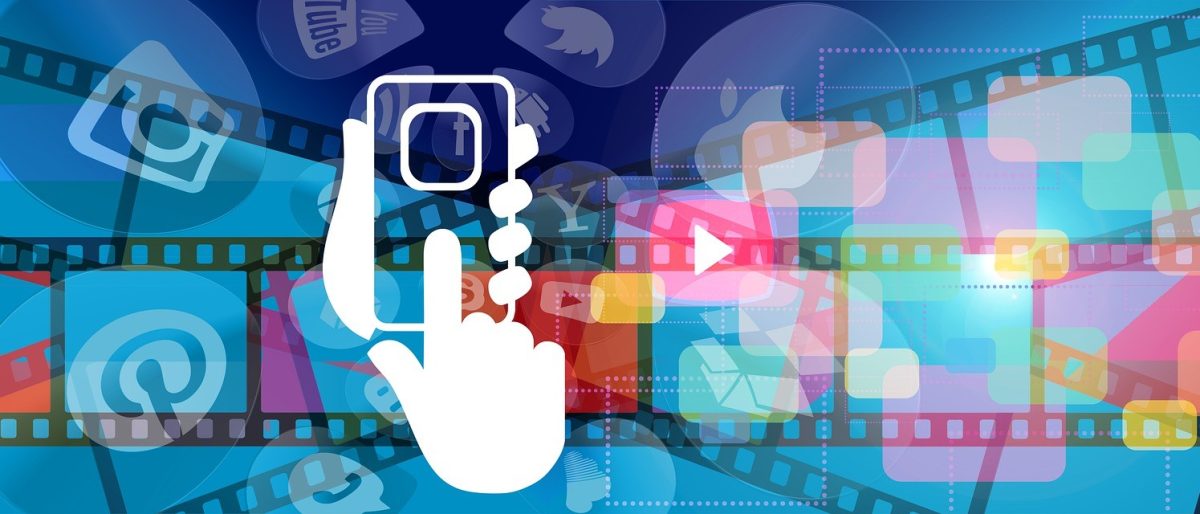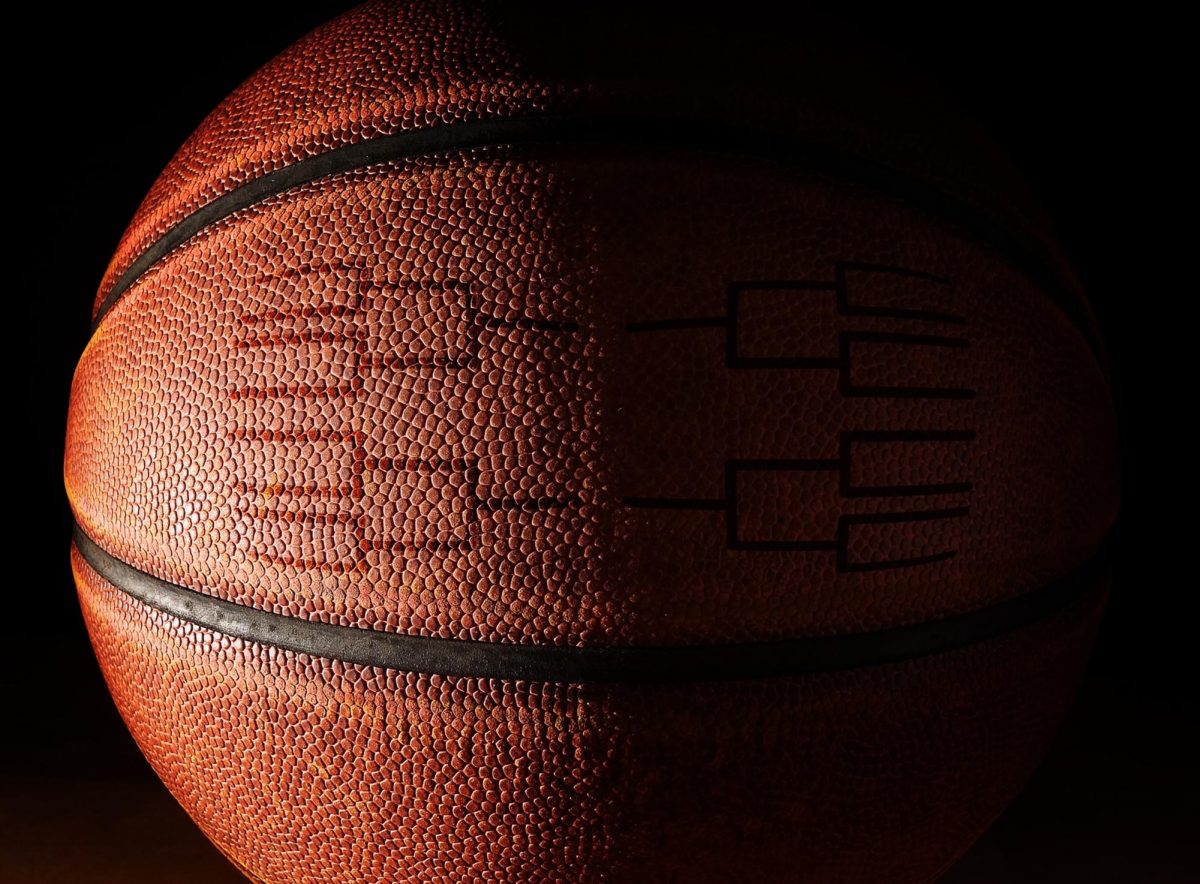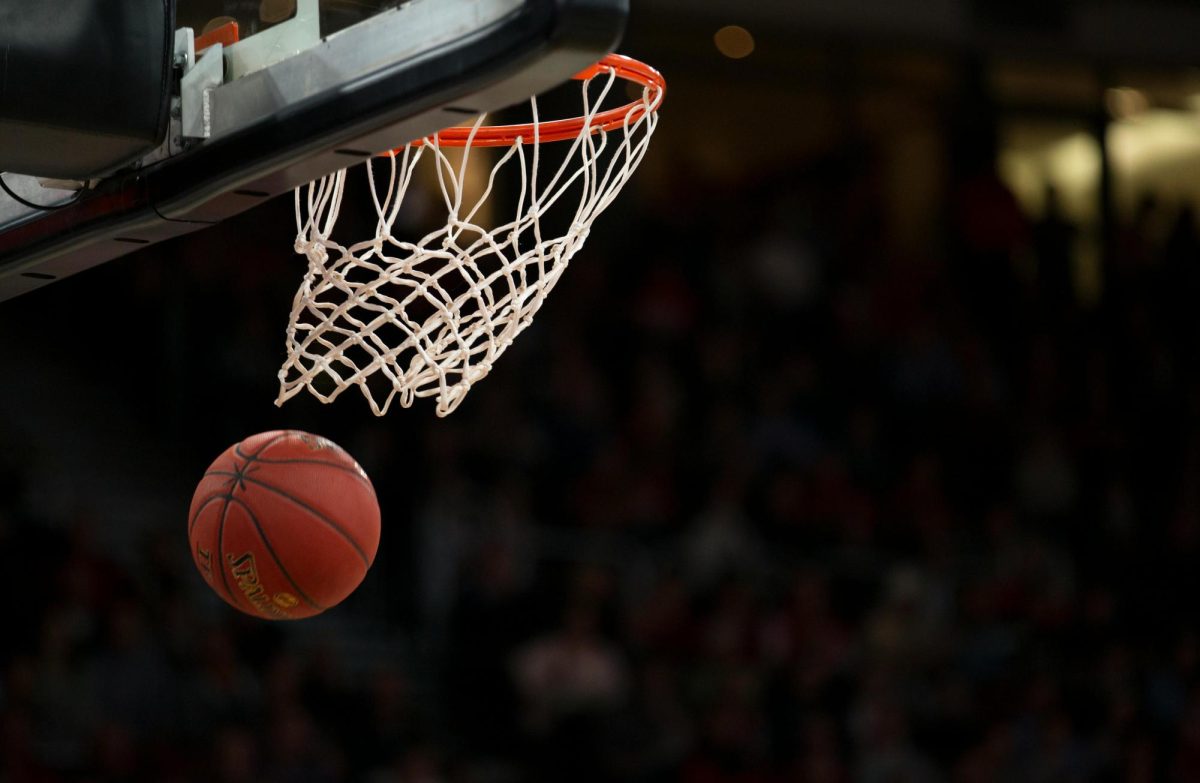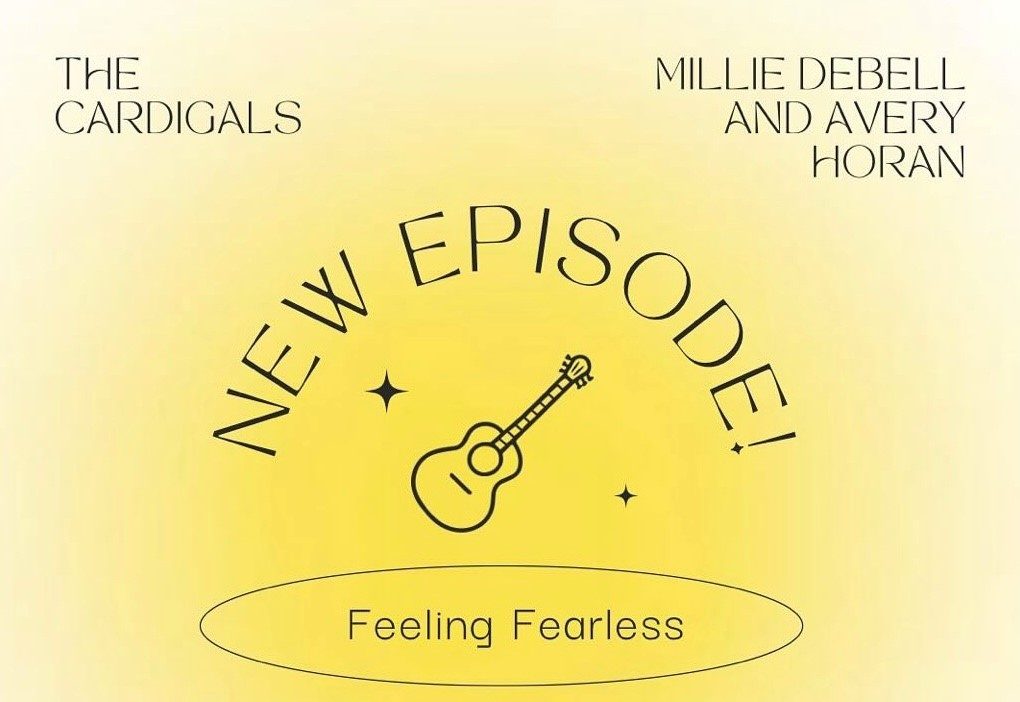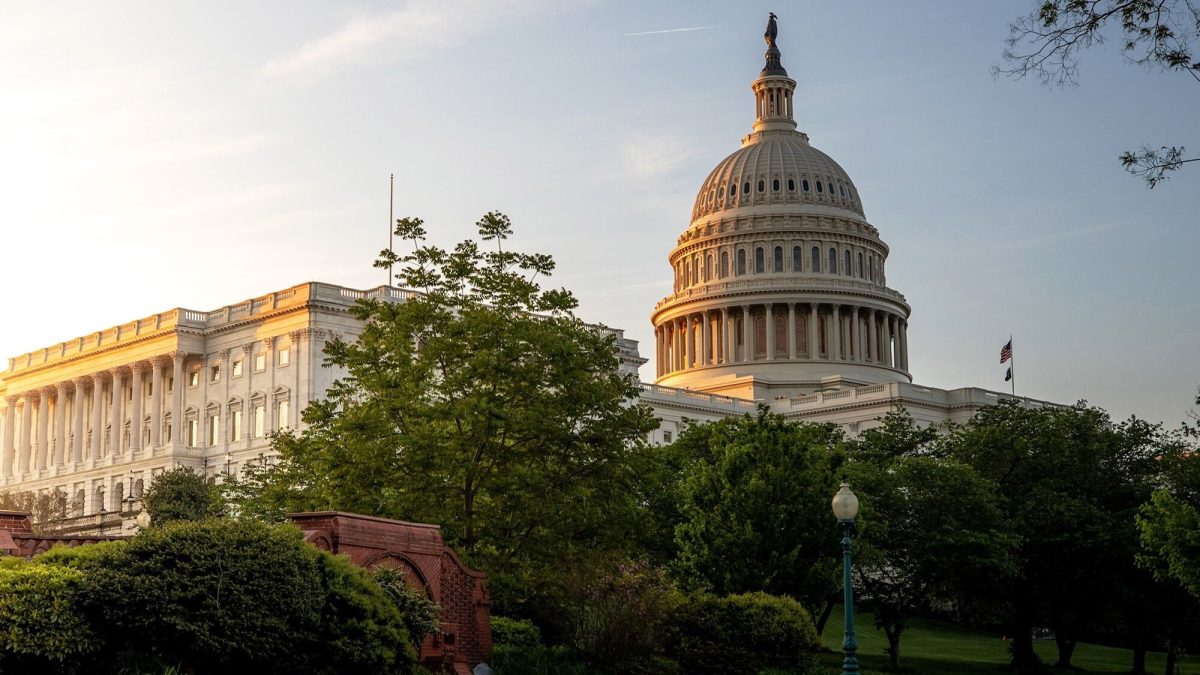The House of Representatives just passed a bill on March 13 that could lead to a national ban of TikTok. What does this mean for not only TikTok, but for social media and for everybody else going forth? Well first, we must address a few key things.
Why is TikTok getting banned (and is it being banned to begin with)?
TikTok, formerly known as musical.ly, is an app owned and operated by Chinese company ByteDance since 2018 which has raised national security concerns. Since 2020, the U.S. government has tried to restrict TikTok in some way due to concerns over the Chinese government using TikTok to spread propaganda or as a surveillance tool against Americans who use the app. These initiatives began under then-President Donald Trump.
The Chinese government has consistently defended TikTok against these accusations (including even now) which makes their connection even more suspicious for me. They accuse the U.S. of breaking international economic rules and “bullying TikTok,” which is basically just a projection of their own economic policy and how they treat foreign businesses that are in their country. It’s also doubly strange when you consider that the U.S. government never defends private companies from foreign bans however China is. It should be noted that China doesn’t necessarily have a “free market” with fair competition in the same way the U.S. does and this typically results in companies having some amount of government control within them, thus why they would have an interest to defend them (for instance, ByteDance has shares owned by the Chinese government).
I think that paints a pretty clear connection that there is at least some common threads between the Chinese government and TikTok, however there isn’t necessarily evidence that this connection has been used to spread propaganda or has been used to spy on Americans by the Chinese government (although the Justice Department is currently investigating an incident where Chinese employees accessed American journalist’s information on the app).
The bill that just passed in the House wouldn’t actually ban TikTok, but would force a sale of the app to be passed within the next five months of it being passed from ByteDance to an American company. If ByteDance didn’t sell TikTok to an American company within this timeframe, the app would be banned.
How likely is it that TikTok will get banned?
This question is pretty uncertain. There have been past attempts to ban TikTok such as in 2020 when Trump passed an executive order which declared that TikTok was a danger to U.S. national security and subsequently tried to ban it, however it went short of a ban due in part to it being perceived as it being an unpopular move among young voters in the upcoming election at that time (and also because courts blocked the effort). It should be noted that Trump has recently reversed his previously long held belief claiming that he believes TikTok is still a national security threat, but he believes that a ban would benefit Facebook who he says is, “a true enemy of the people.” Despite the newfound Trump opposition, many Republicans still chose to keep their previously held position and voted to support the potential ban in the House vote.
It wasn’t surprising to many people, even to those opposing the TikTok ban, that the House would vote overwhelmingly for the TikTok ban, with a staggering 352-62 vote. The bill now moves onto the Senate where its fate is more uncertain. Senate Majority Leader Chuck Schumer (D-NY) has remained uncommitted to either side of the argument. Meanwhile, the Senate Intelligence Committee has supported the bill emphasizing the national security threat that China poses.
President Joe Biden has been fairly clear that if a “TikTok ban” were to get on his desk, he would sign it. This clearly leaves very little room for a ban to fail. If the bill were to become law, the only way TikTok would avoid getting banned was if it was sold to a U.S. company. This in of itself is tricky since TikTok is speculated to be worth billions of dollars and few companies could likely afford that. Those that could be interested (such as Microsoft or Meta) would probably be blocked from buying TikTok due to antitrust regulations. In addition, both TikTok and ByteDance have been hesitant to this idea even at the expense of being banned which makes the possibility of them getting banned even higher.
What would a TikTok ban look like?
In effect, if a ban were to happen app stores such as those operated by Google and Apple plus web hosting platforms that host TikTok’s services, would be prevented from distributing and updating the app. This would effectively ban the app.
This isn’t the first time we’ve seen a giant social media app collapse so quickly. In fact, just seven years ago, a platform known as Vine, a video platform for looping six second videos, shut down suddenly after little notice. The result was the most famous Vine personalities migrated over to other platforms like YouTube and Instagram. The fallout resulted in big Vine stars such as Jake and Logan Paul building new careers on YouTube and they exploded in popularity. Based on what we know from the past, it wouldn’t be hard to imagine that a similar shift could happen between TikTok and other social media platforms if it were to get banned.
In fact, many TikTok stars have been on YouTube for years, using the platform in conjunction with their main pages on TikTok. This means that in the future where TikTok is banned, TikTok stars and personalities could simply move on to other platforms such as YouTube, Instagram, and Snapchat with potentially little effects. In fact, many analysts say that users from TikTok will simply migrate to competitors like Instagram and YouTube if it were to get banned (like in India, where a TikTok ban in 2020 caused a migration of users from the app to similar services). However, despite that, there are still small to medium-sized creators who have most of their following on TikTok and for them a ban would be catastrophic and they are worried about how a ban of TikTok would affect them and the same could be said for many users of the app, many of which are Gen Z.
There have been concerns over whether a ban on TikTok would be a violation of the First Amendment levied by opponents of a proposed ban and by TikTok itself and they have been using this as a defense for why their app shouldn’t be banned. The only Gen Z member of Congress, Maxwell Frost (D-FL) has been vocal in his opposition along with the ACLU, citing First Amendment concerns, even going as far to claim that a ban on TikTok would effectively be “censorship”. TikTok has raised issues that if their app was banned it would “strip 170 million Americans of their constitutional right to free expression” going on further to say that “this will damage millions of businesses, deny artists an audience, and destroy the livelihoods of countless creators across the country.”
I do believe that these concerns are very valid considering that many young people use TikTok as their primary social media platform to communicate and express their ideas. However, this capacity to relay information won’t really be impacted as people could simply use other platforms to express their ideas. I think that overall, while it is concerning that this could set a dangerous precedent for banning apps, I think that this concern is probably being overplayed and that young people can still express their ideas online, just on another platform.
My take on the situation.
I am personally very conflicted on where I stand on this issue. I do believe that there is some connection between TikTok and the Chinese government because otherwise we would not see TikTok management be so hesitant to separate the company away from China. From TikTok’s POV, it would make the most sense to separate from its parent company to continue its survival and to avoid a ban at all costs. It also makes sense when you consider that many American companies in China have bent over backwards to follow the Chinese government’s restrictions, so it would seem that in order to keep their U.S. market alive, TikTok would try to comply with the government in any way they can. However, that isn’t what they’re doing.
Historically, TikTok and ByteDance have refused to separate, which is suspicious because there would be no reason for this desire if they really wanted to not be banned. To me, it seems like ByteDance realizes what a valuable asset TikTok is and doesn’t want to let that go, which worries me because based on their track record, China can and has power over all companies that operate it in the country. This means that in theory, China could theoretically control what users see and don’t see on TikTok which is really dangerous for what should be obvious reasons since the Chinese government is very hostile towards the U.S. This isn’t just speculation but has been confirmed by experts that in theory, China could have control over the app itself.
A viral Congressional committee hearing featuring TikTok CEO Shou Zi Chew that was held last year offers some interesting insight into the whole situation. It was noticeable that Chew was very evasive and dismissive of many important and valid questions. For instance, during the hearing, members of Congress grilled Chew on many topics including over dangerous content (such as misinformation on vaccines and voting) and the addictive nature that TikTok promoted. However, Chew’s response was not addressing these concerns but instead bringing up how TikTok has “parental controls” and many different ways to prevent the app from becoming addictive. In addition, Chew didn’t have a clear and direct rebuttal towards lawmakers’ claims that TikTok could be easily controlled to do China’s bidding.
Meanwhile, lawmakers themselves were also ignorant of the situation surrounding TikTok. This can be seen in a viral video where Senator Tom Cotton (R-AR) asks Chew about his ties to China repeatedly and asks if he is a Chinese citizen when he repeatedly clarifies he is Singaporean. In addition, lawmakers were hellbent on trying to discover a possible connection with TikTok and Chinese data collection which has to this point been unfounded and were utterly unconvinced no matter what Chew said. It should also be mentioned that American companies like Meta and Google also collected data of Americans as well and have arguably done worse things with it. This shows that lawmakers were already trying to push an agenda no matter what and without considering the consequences saying that TikTok is a danger to the American people and both lawmaker’s grilling and Chew’s defense didn’t really help to convince anyone to their side. It also shows that Chew was also hesitant to answer questions clearly which really didn’t help his case.
For that reason, I feel that TikTok’s defense for not being banned is weak because they offered very little compelling evidence and were not being transparent. I do believe that Congress should probably do more to tackle technology companies in terms of offering more privacy and in terms of tackling them on that front, not just TikTok, but also Google and Meta as well, so I’m happy that they are finally taking this long overdue step. Especially considering that it’s against an app that could be used by a hostile government against us. Again, though, I am worried this sets a dangerous precedent where the government can just ban entire platforms especially if for political reasons and I believe that to some extent the free speech concerns have validity if this were to become a trend.
Will TikTok actually be banned though? Well, that’s for Congress to decide now.
Works Cited:
Dawsey, Josh, and Jeff Stein. “How Donald Trump Switched to Defending TikTok.” Washington Post, 12 Mar. 2024, www.washingtonpost.com/business/2024/03/12/trump-tiktok-ban-lobbying/.
Fung, Clare Foran, Brian. “House Expected to Vote on Bill That Could Ban TikTok amid Trump Resistance | CNN Politics.” CNN, 13 Mar. 2024, www.cnn.com/2024/03/13/politics/house-vote-tiktok-ban-bill/index.html.
“House Passes TikTok Bill. Are TikTok’s Days Numbered? What You Need to Know.” USA TODAY, www.usatoday.com/story/money/2024/03/13/is-tiktok-banned-what-to-know/72957680007. Accessed 15 Mar. 2024.
“House Expected to Approve Bill Forcing TikTok to Either Be Sold or Face a U.S. Ban.” NPR, 13 Mar. 2024, www.npr.org/2024/03/13/1237501725/house-vote-tiktok-ban.
Kerr, Dara. “Lawmakers Grilled TikTok CEO Chew for 5 Hours in a High-Stakes Hearing about the App.” NPR, 23 Mar. 2023, www.npr.org/2023/03/23/1165579717/tiktok-congress-hearing-shou-zi-chew-project-texas.
News, A. B. C. “TikTok Influencers Say Ban Would Be “Devastating.”” ABC News, abcnews.go.com/Politics/tiktok-influencers-ban-devastating/story?id=108093924.






